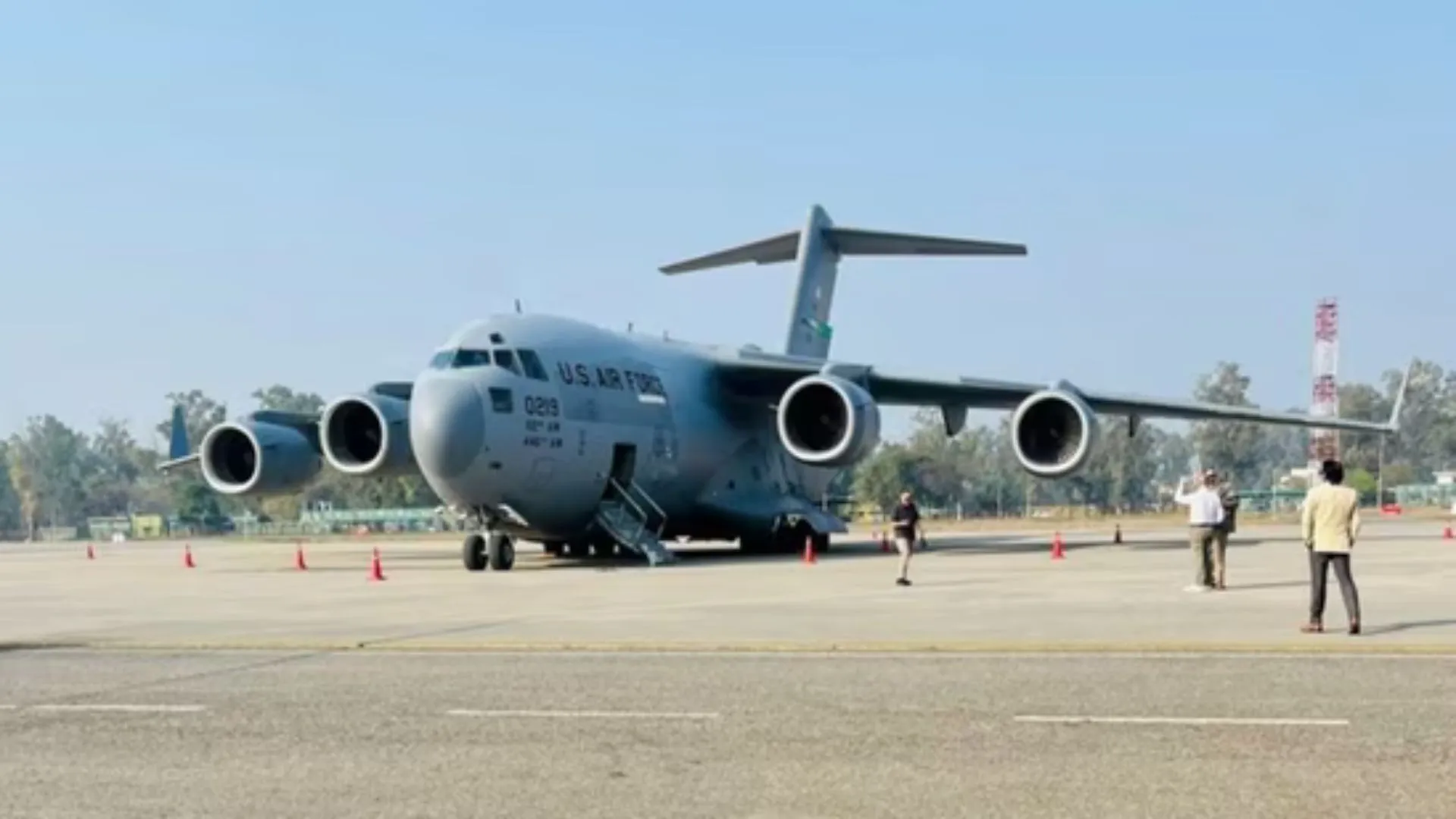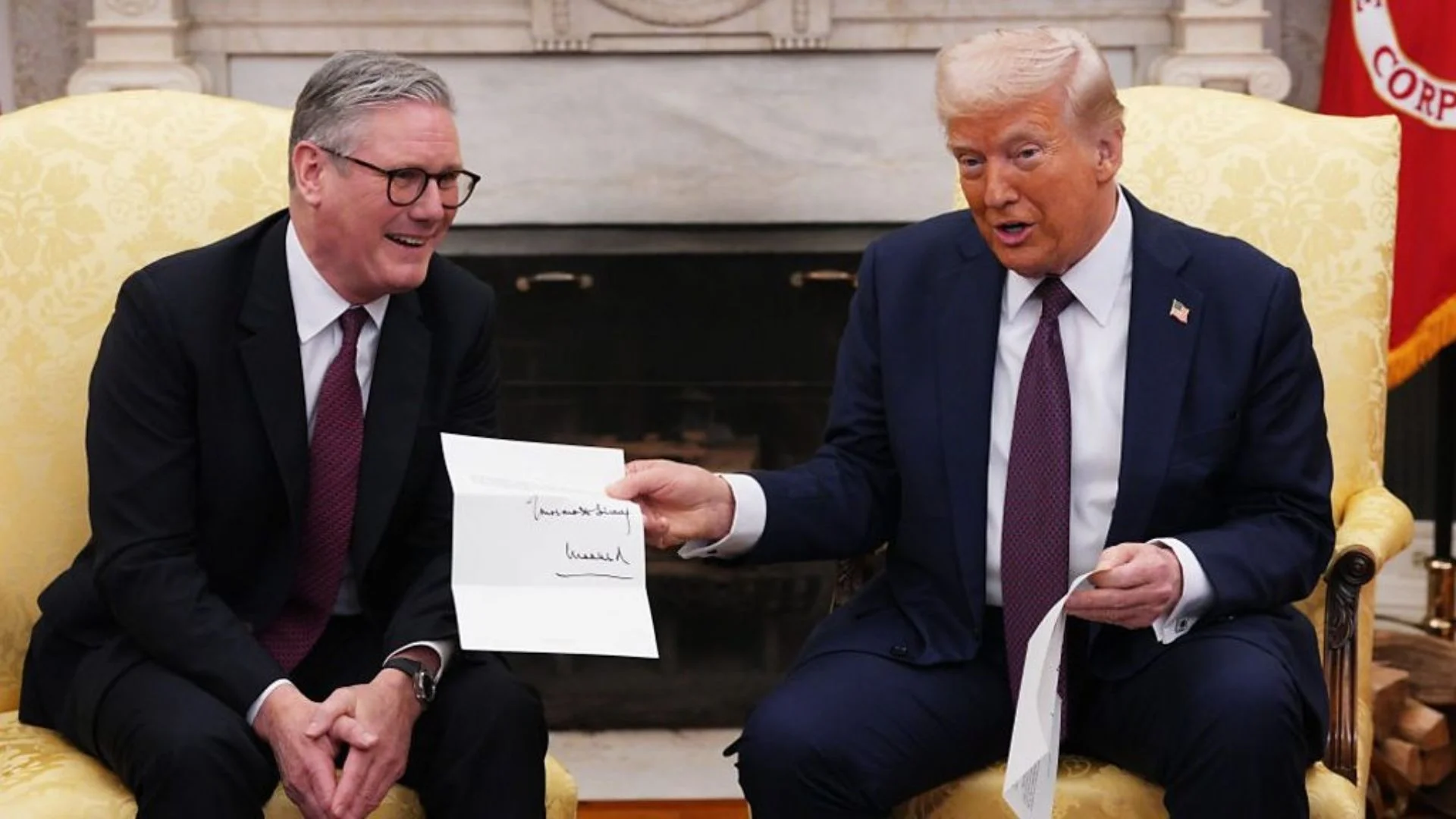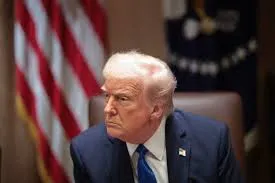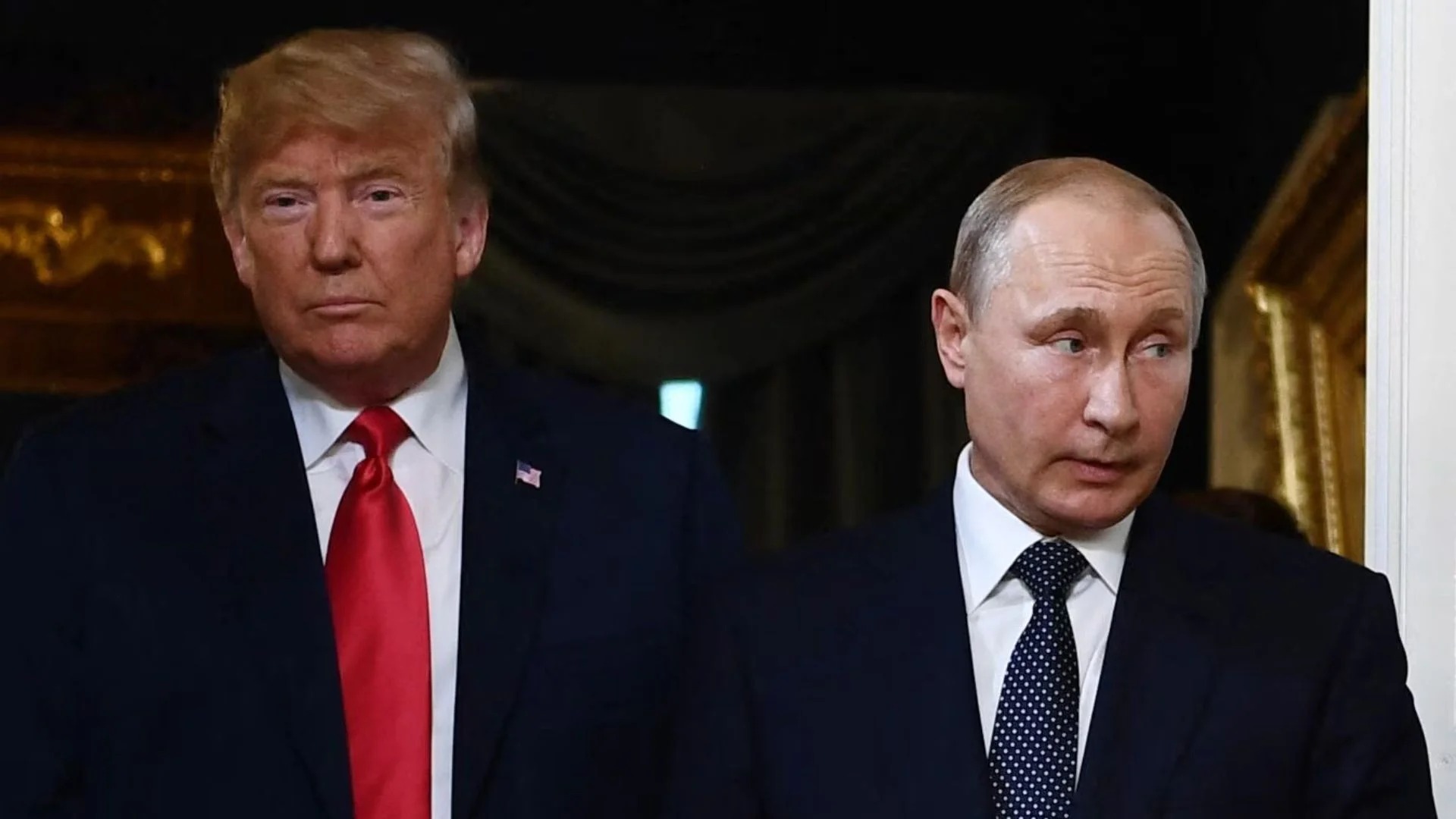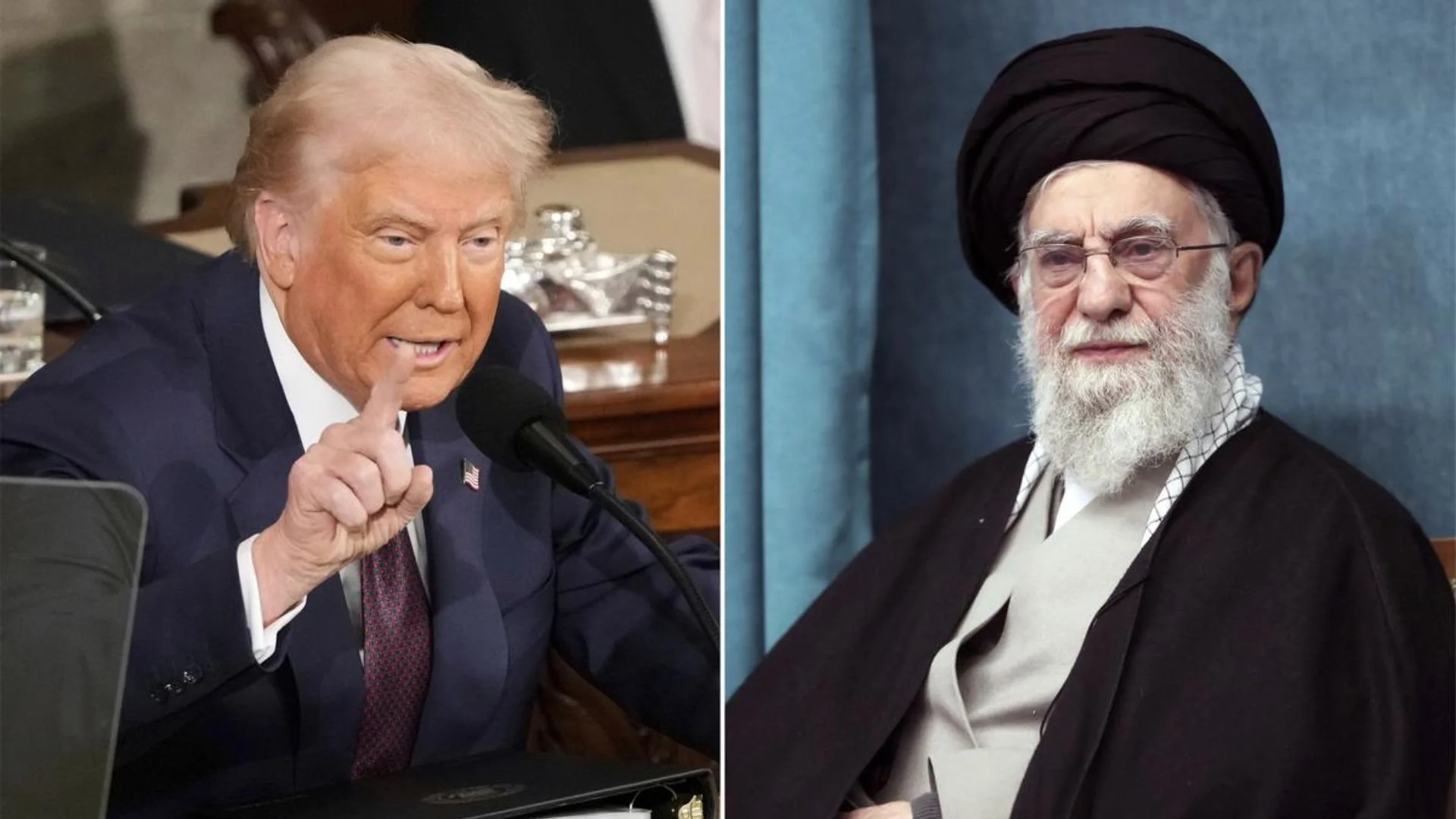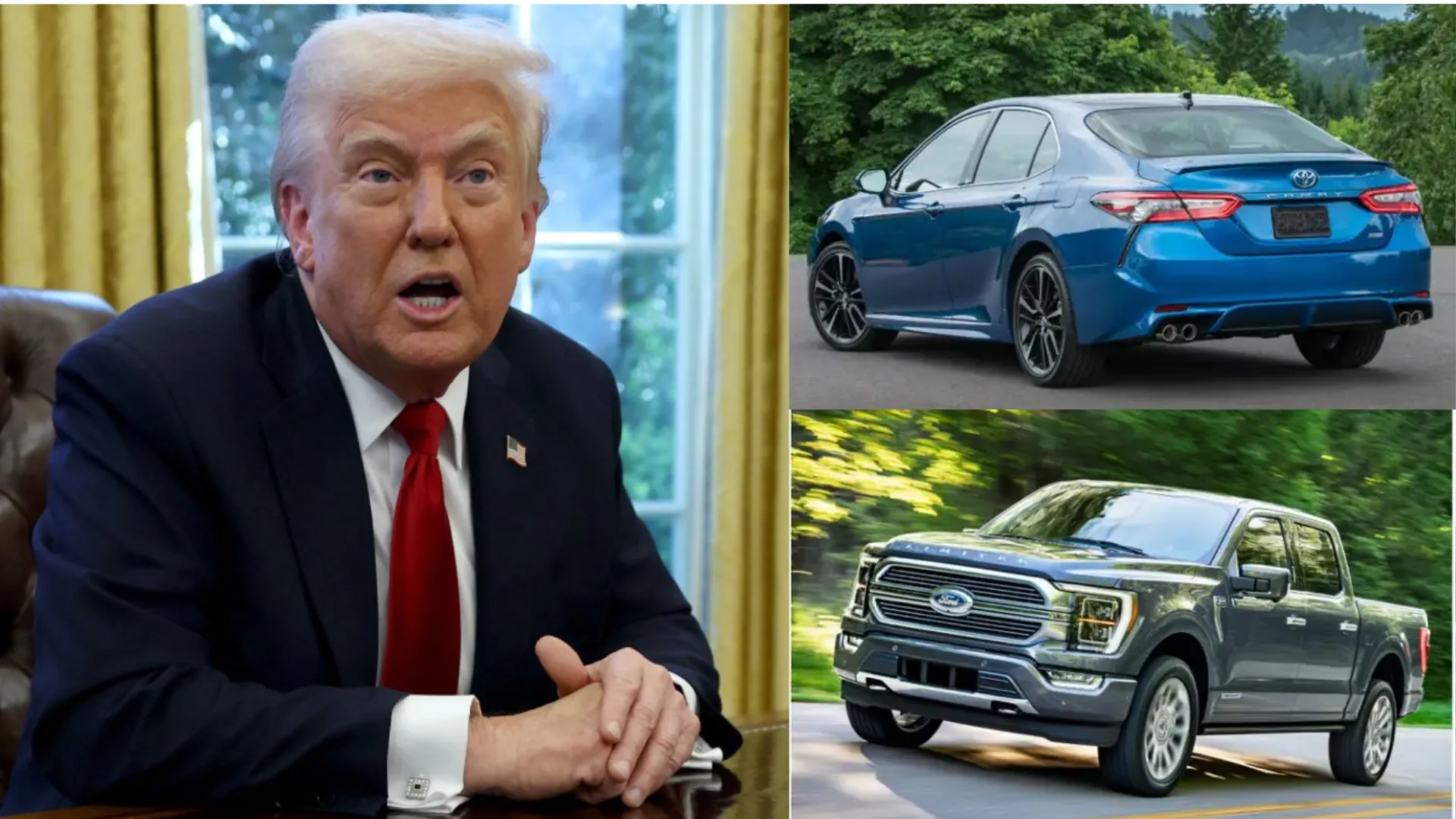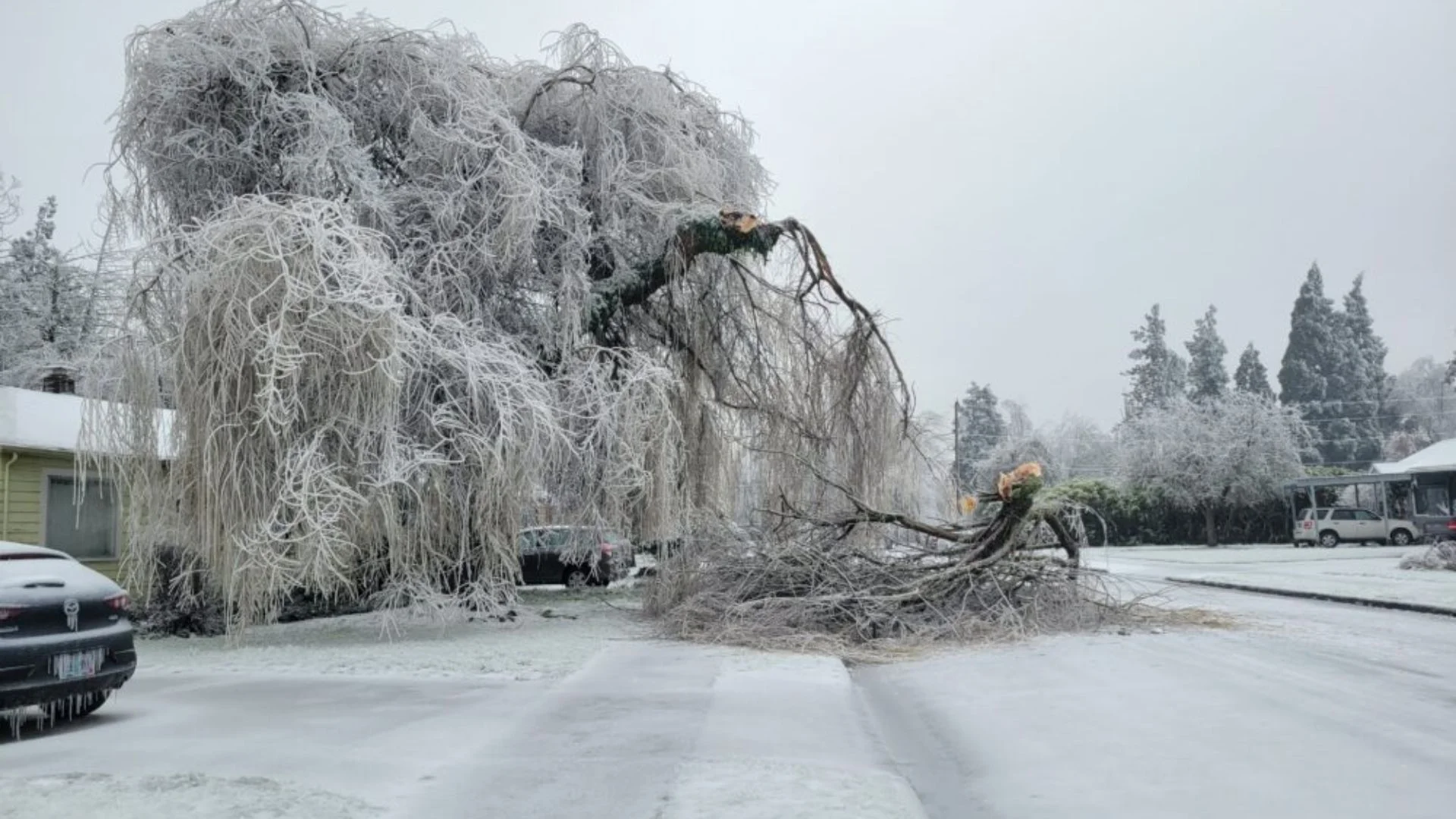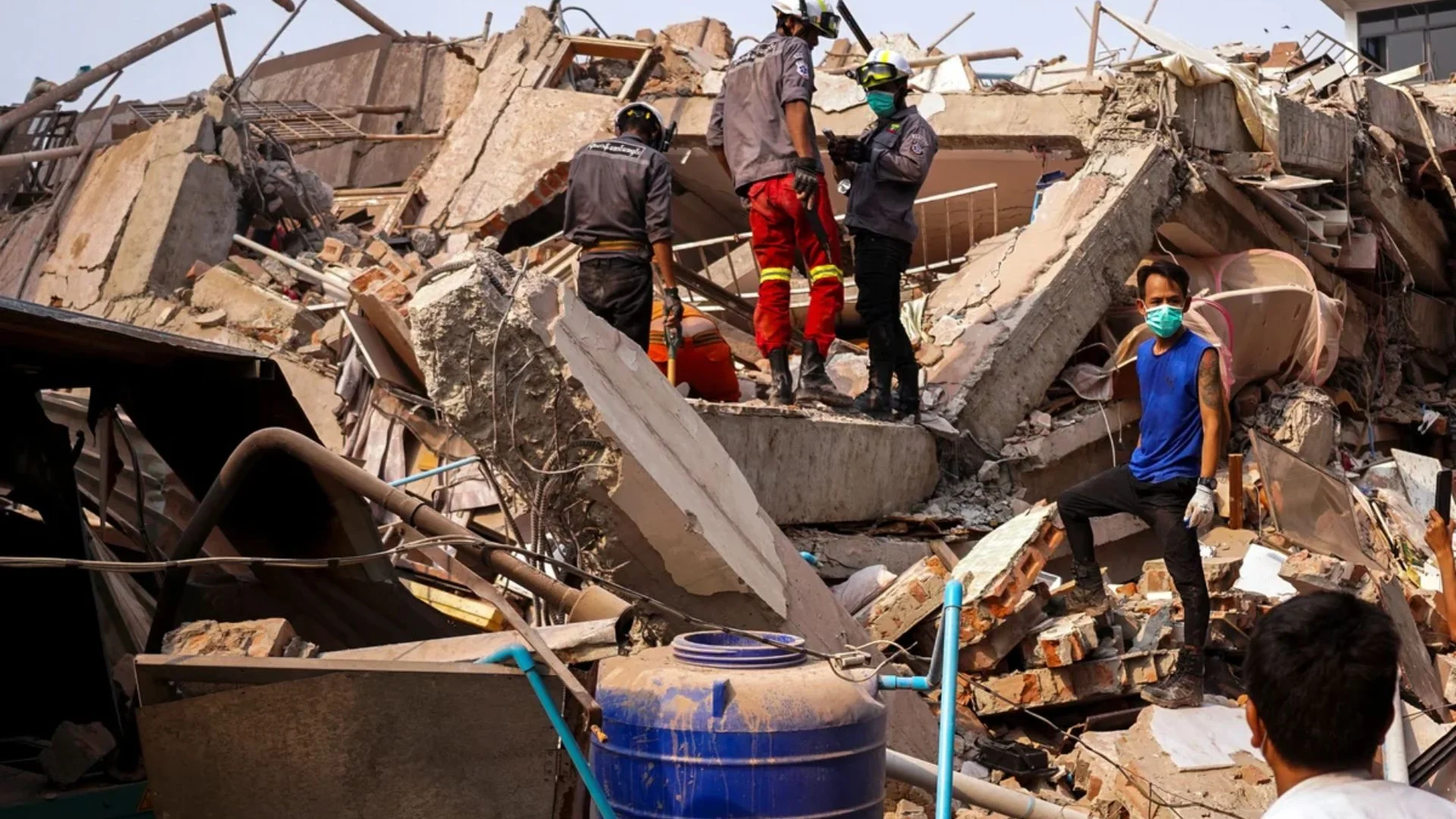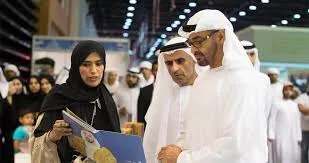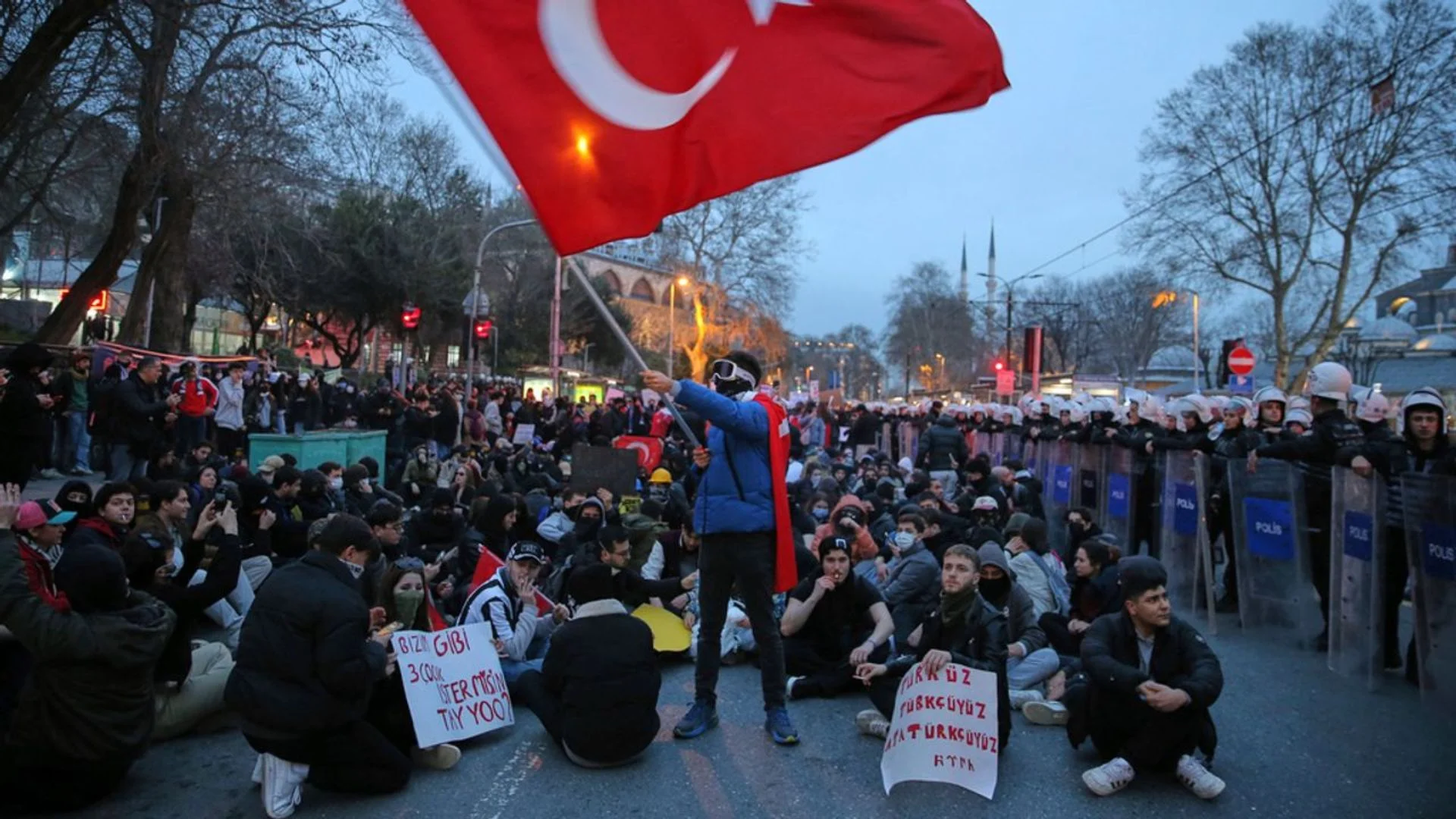A second flight carrying 119 individuals deported from the United States is expected to arrive at Amritsar airport on Sunday, The Times of India reported. This follows the arrival of a C-17 airplane on February 5, which transported 104 deported migrants.
It is unclear whether the most recent group will be returned on a U. S. military aircraft or a flight arranged by the Indian government. More than half of those aboard are from Punjab, while others come from Haryana and Gujarat.
Deportation Conditions
Sources suggest that unlike the prior deportation, where migrants were reportedly restrained with handcuffs and chains, this group is not expected to experience such treatment. The earlier occurrence elicited strong reactions, with opposition parties questioning the conditions under which migrants were repatriated.
Concerns over alleged “dehumanisation” of deportees were raised in the Indian Parliament. In response, External Affairs Minister S. Jaishankar reassured lawmakers that the matter would be taken up with U. S. officials.
According to The Indian Express, the most recent group includes 67 individuals from Punjab, 33 from Haryana, eight from Gujarat, three from Uttar Pradesh, two each from Maharashtra and Rajasthan, and one each from Goa, Himachal Pradesh, and Jammu and Kashmir.
The ‘Dunkey’ Route
Most of the deportees entered the U. S. unlawfully via the “dunkey” route, undergoing lengthy journeys and paying large sums to fraudulent agents. Following their return, authorities in Punjab and Haryana have acted, arresting several agents implicated in facilitating illegal migration through this route.
Modi-Trump Meeting on Immigration
The deportation matter was also addressed during a bilateral discussion between Prime Minister Narendra Modi and U. S. President Donald Trump in Washington.
Speaking to the media after the meeting, Foreign Secretary Vikram Misri noted that both leaders consented to streamline legal travel for students, professionals, tourists, and businesses while enhancing initiatives against illegal immigration and human trafficking. He additionally underscored their commitment to fortifying law enforcement to protect public safety, diplomacy, and national security in light of recent events.

